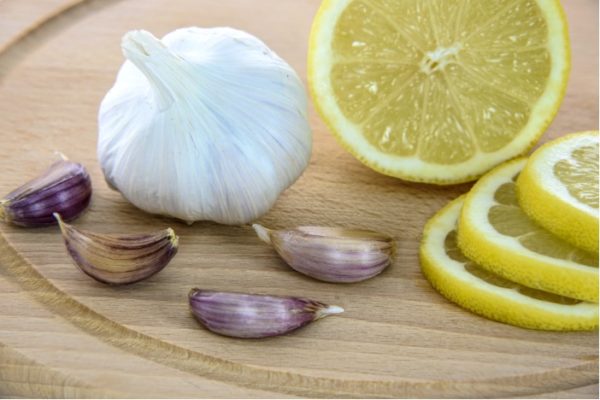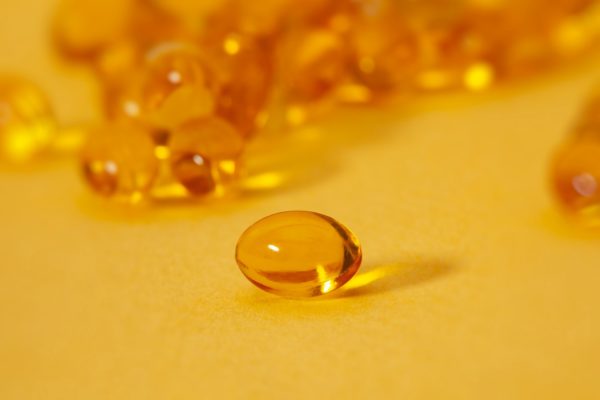Eating a balanced diet is an essential part of any healthy lifestyle. And when you’re eating for two (or more), consuming all the essential nutrients your body needs daily is even more crucial.
A diet, in basic terms, is a way of eating. Unfortunately, there isn’t a single diet that will work for everyone when it comes to supporting optimal health due to food allergies and intolerances, health conditions, etc. But when it comes to pregnancy, there are certain nutrients that all pregnant women should consume to increase their chances for the healthiest pregnancy possible. Read below to learn how to create the best diet for a healthy pregnancy.
Breaking Down The Basics of Healthy Pregnancy Nutrition
With so many books and blogs telling you what you should and shouldn’t eat during your pregnancy, you may not know who to trust.
What Should I Consume Daily During Pregnancy?
So here is a list of evidence-based basics on the most important nutrients to focus on for a healthy pregnancy.
- Calcium: Consume 1000 milligrams daily if you’re a pregnant or lactating woman older than 19. If you’re under 19, consume 1300 milligrams per day.
- Folic Acid: 400 micrograms is recommended daily for pregnant women.
- Iron: Consume 27 milligrams of iron daily.
- Vitamin A: 770 micrograms of Vitamin A is recommended daily. Do not take more than recommended since too much vitamin A can increase the chance of birth defects.
- Vitamin D: 600 IU daily of Vitamin D is recommended.
Along with including these nutrients, consuming plenty of protein and healthy fats like DHA is essential.
Remember that pregnancy is not the time to restrict calories or try to lose weight. You and your growing baby staying healthy should be the highest priority. The average weight gain during pregnancy is 0-5 pounds in the first trimester and ½ to 1 pound per week during your second and third trimesters. Average weight gain is anywhere between 25-35 pounds throughout pregnancy. Your doctor will tell you if you need to gain more or less. However, if you are concerned about your pre-pregnancy weight placing you at risk for conditions like preeclampsia or gestational diabetes, then speak with a healthcare provider. They can advise you on how to incorporate gentle movement during your pregnancy and lifestyle changes to reduce your risk of such conditions.
What Should I Limit During Pregnancy?
- Caffeine: Remember to limit or avoid caffeine intake since recent research shows it can lead to harmful health outcomes such as miscarriage, stillbirth, low birth weight, and preterm birth.
- Salt: You should limit salt intake to reduce the risk of high blood pressure during pregnancy and preeclampsia. Reducing salt intake can help prevent you from retaining more fluid and, in turn, help prevent high blood pressure.
- Drugs, Alcohol, Smoking: Lastly, it would help if you did not consume alcohol or smoke anything during pregnancy since it can impact the health of the unborn child as well as pregnancy health outcomes. If you are having trouble quitting such habits, please seek the advice of your healthcare provider since it is vital to avoid such behaviors during pregnancy for the sake of your unborn child.
How Supplements Can Help Support a Healthy Pregnancy
Due to specific symptoms, you may experience during pregnancy, such as heartburn, nausea, and morning sickness, you may not always be able to consume all the nutrients you and your unborn child need. In this case, certain supplements can be a lifesaver, such as taking a daily prenatal vitamin.
Other supplements can help with common ailments during pregnancy as well. For example, ginger supplements can help to lessen some of the nausea you may feel and, in turn, help to improve your appetite. Also, folic acid supplements can ensure you consume enough folic acid daily to help prevent neural tube defects that can arise if your body is low in folic acid.
Besides these supplements, medical experts recommend avoiding any other dietary supplements during pregnancy, such as herbal supplements, over-the-counter supplements, or meal replacement beverages. This is because such products are not regulated by U.S. Food and Drug Administration (FDA) and may contain ingredients that could be harmful to you and your baby.
How to Plan the Best Diet for a Healthy Pregnancy
The best diet for a healthy pregnancy will contain an optimal level of all the essential nutrients you need for the healthiest pregnancy possible. Read below for a list of those nutrients and examples of foods that contain a good source of those nutrients.
Calcium
Milk and milk-based products like yogurt, cottage cheese, ice cream, and cheese are excellent sources of calcium. However, be sure to consume pasteurized milk and milk products only since raw milk and milk products can increase the risk of foodborne illnesses, which pregnant women are susceptible to catching.
Fortified items like certain fruit juices, plant-based milk, cereals, canned fish like sardines and canned pink salmon, as well as soy-based items like soymilk, tofu, and soybeans, are great calcium sources.
Folic Acid
You can find Folic acid in the following foods:
- Fortified cereals
- Dark-green, leafy vegetables like spinach, beet greens, broccoli, collard greens, endive, escarole, kale, mustard greens, romaine lettuce, spinach, turnip greens, watercress
- Citrus fruits like oranges, lemon, lime, tangerines, and grapefruit
- Dried beans, peas, and lentils
Iron
You can find iron in foods such as:
- Fortified breakfast cereals
- Oysters (Note: raw oysters and other raw fish such as sushi should not be consumed during pregnancy)
- Beans and lentils
- Dark chocolate
- Tofu
- Beef liver
Vitamin A
You can find Vitamin A in foods such as:
- Beef liver
- Certain vegetables like carrots, sweet potato, spinach, and red pepper
- Fortified milk and cereals
- Fruit like cantaloupe and mangoes
Vitamin D
You can find Vitamin D in foods such as
- Fatty fish like salmon or trout
- Cod liver oil
- Specific fortified milk, plant-based milk, and cereals
DHA
You can find DHA in fatty fish like salmon, tuna, and mackerel.
Protein
Lastly, protein sources are widespread. You can find protein in foods such as:
- Beans and lentils
- Poultry like chicken and turkey
- Beef
- Pork
- Seafood like fish and shellfish
- Soybeans and soy-based products like soymilk and tofu
- Dairy products like milk, cheese, cottage cheese, and yogurt
Make sure to schedule a lab with your doctor to see which nutrients you lack. This will help you know where you have deficiencies so you can change your meal plan accordingly. If you find you are having trouble meeting your nutrient needs daily, it can help to visit a registered dietitian that specializes in mom-baby nutrition to advise you along your pregnancy journey.
Three Simple Nutrition Tips for a Healthy Pregnancy
Eating the best diet for a healthy pregnancy can seem overwhelming at first. However, by using guides like the one above, you can visualize which foods can provide the most potent sources of pregnancy nutrition and can better help with meal planning. Read below for other tips on how to make eating your best pregnancy diet easier.
Create A Meal Planning Calendar
Make your mealtimes easier and healthier with a dry-erase meal planning calendar! With a magnetic board, you can keep track of meals for the whole week and have easy access to healthy ingredients during pregnancy. Also, keep your grocery list up-to-date, so you can have everything you need without the hassle.
Compile Healthy Pregnancy Recipes
Use reputable sites like the American Pregnancy Association to find recipes that are perfect for helping pregnant women meet their dietary needs daily for a healthy pregnancy.
Prepare Bulk Meals
To save time, money, and energy, you can purchase ingredients and prepare recipes in bulk, so you don’t have to plan and prep as many meals each week. You can freeze any leftovers as well and reheat them for a later time when you may not feel like cooking.




